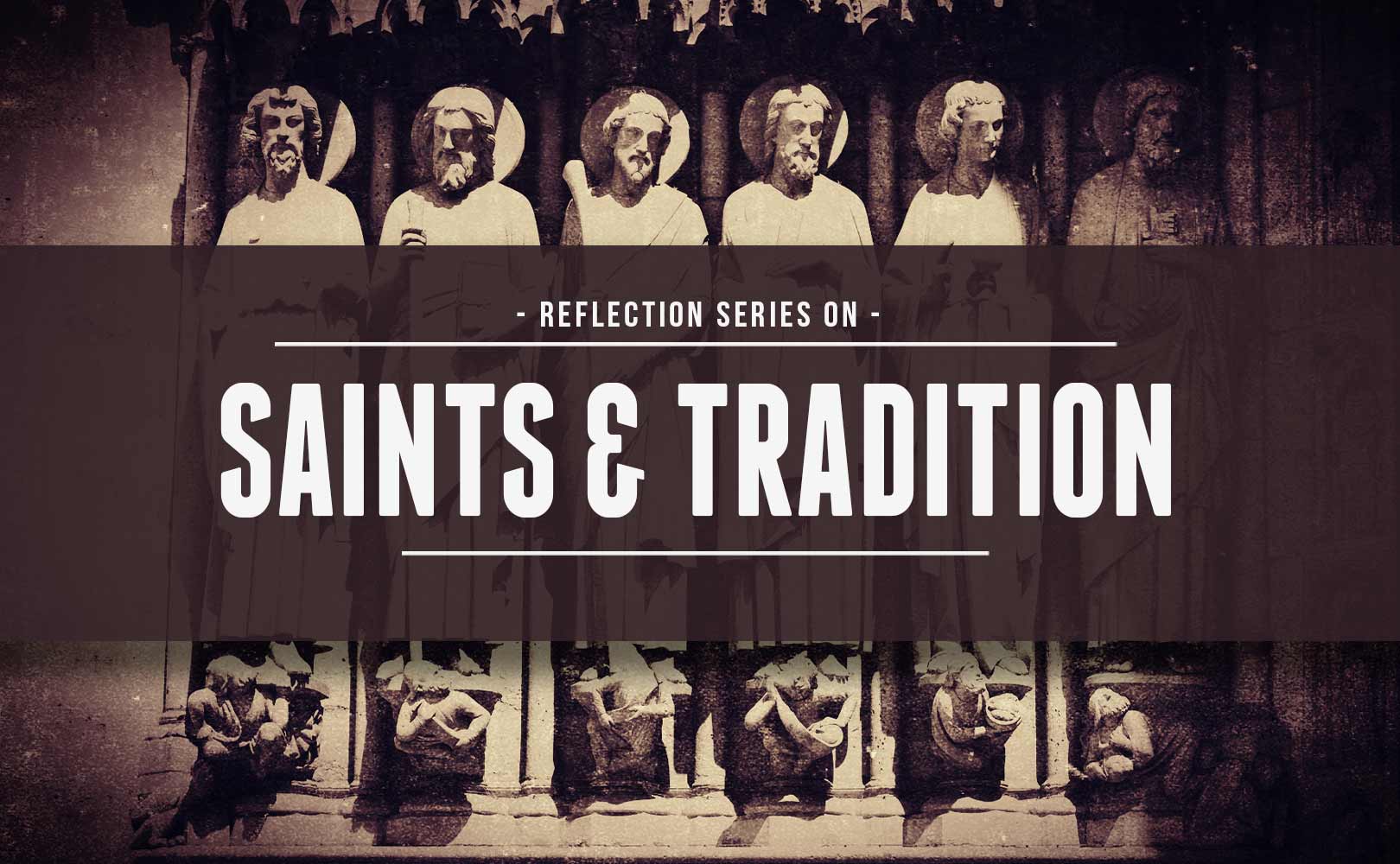The religious impact of the discovery of the New World in the late 15th century cannot be overestimated. Although Catholic Europeans were aware of areas of the world that were not Christian (they had been involved in centuries of crusades against the Muslims), the assumption of most Catholics was that the Gospel had reached the ends of the earth, even if some vast areas had still not accepted it.
However, with the discovery of the New World, the Church realized that even 1,500 years after the Incarnation there was still a large group of people who had never heard of Christ. To devout Catholics of the time, this meant one thing: missionaries would have to be sent to convert these pagans to Christ, and this conversion would of course come about through Baptism.
For various political, religious, and practical reasons, the missions to the New World took time to develop and become established. By the 17th century, however, missionaries, particularly Jesuit missionaries, were being sent to bring the Native American pagans to Christ. Eight in particular stand out: the North American Martyrs—Fathers John de Brébeuf, Isaac Jogues, Charles Garnier, Gabriel Lalemant, Anthony Daniel, and Noël Chabanel, and Brothers René Goupil and John de la lande—who all gave their lives to preach the Gospel.
Becoming a missionary to North America was no small undertaking. The eight North American Martyrs grew up in relatively comfortable French homes. If they desired, they could have lived without any real hardships (by 17th century standards, at least) while still being faithful Catholics. But they could not get the New World pagans out of their minds and hearts; particularly, they were convinced that these poor men and women were destined for eternal hellfire. For this is what they believed with all their heart: that without Baptism, the Native Americans would surely not gain salvation.
So they decided to endure incredible suffering to bring the Gospel and the saving waters of Baptism to these peoples. These hardships are almost impossible for us moderns to conceive. The dangerous travel, the food (and lack thereof), the physical challenges, the lack of familiar surroundings and cultures. And most of all, living among people they described as “warlike and cruel,” who exposed their own children to “the most atrocious carnage and the most barbarous spectacles,” and who would eventually torture and kill them. Yet they loved these people deeply and wanted nothing more than to save their souls.
What’s important to remember is what the missionaries did not endure these hardships for: they did not want to “dialogue” with the Native Americans, nor did they want to better understand Native American culture. They wanted to bring the civilizing influence of Catholic Christianity to the New World, and most importantly, they wanted to baptize as many natives as possible. As John de Brébeuf said after baptizing a dying child, “For this one single occasion I would travel all the way from France; I would cross the great ocean to win one little soul for Our Lord!”
Isaac Jogues, in a letter to his mother, made clear the reason they were in this strange foreign land, full of savagery:
Nothing can equal, or even approach, the satisfaction that our hearts feel in revealing the knowledge of the true God to these infidels. We have baptized about two hundred and forty of them this year. Among these are some whom I have washed in the waters of baptism, and who are assuredly in Paradise, since some of them were small babies of one or two years of age. (Letter of St. Isaac Jogues to his mother, June 5, 1637)
While even then, theologians debated the possibility of a “baptism of desire,” for Catholics like de Brébeuf and Jogues, the risk of someone dying without water Baptism was just too great. Nothing could be a more horrible fate. And so they faced any hardship, overcame every hurdle, just in order to pour the cleansing waters of Baptism over the heads of those pagan souls. By doing so, they were literally fulfilling Christ’s final command to his disciples, “Go therefore and make disciples of all nations, baptizing them in the name of the Father and of the Son and of the Holy Spirit, teaching them to observe all that I have commanded you” (Mt 28:19-20).


